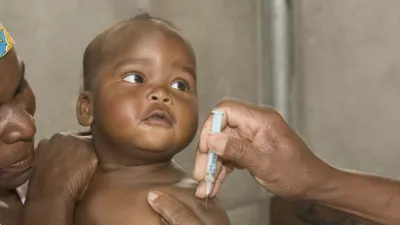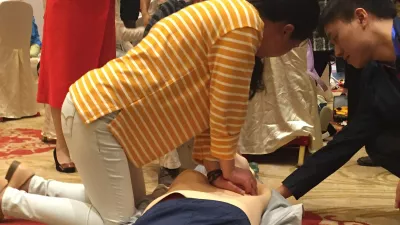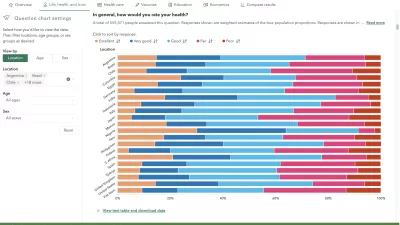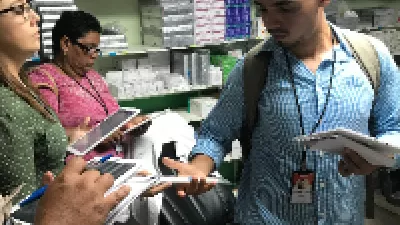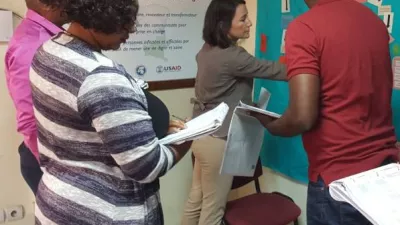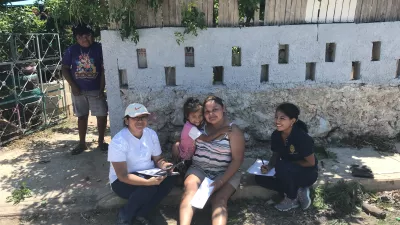Program and policy evaluations
IHME serves as the independent evaluation partner to organizations around the world to better understand how well policies and programs are working and why.
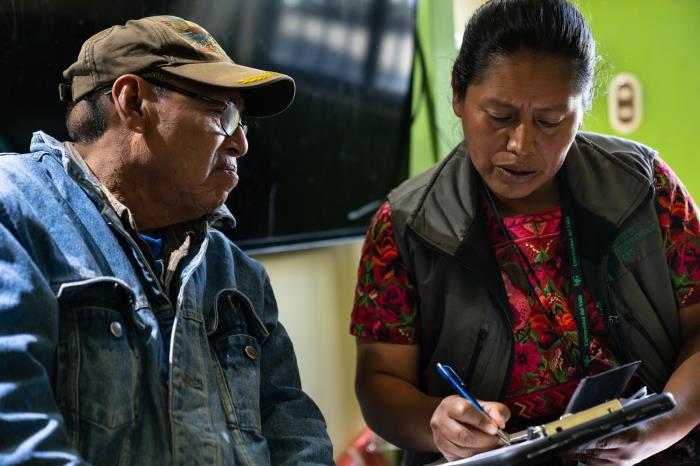
Skip to: Methods | Evaluation questions | Case studies | Research instruments
How do we conduct evaluations?
Our analytic strategies and strong partnerships have allowed us to design and carry out rigorous evaluations that fill critical information gaps for decision-making.
A key component of our work is primary data collection to gather inputs for evaluating the impact of programs and policies. Each evaluations project is different, but most use techniques such as:
- Census and household interviews
- Biometric data captured in specific households
- Medical record reviews
- Health facility interviews
- Verbal autopsies
What makes our methods unique?
As an independent evaluator, we use cross-disciplinary quantitative assessment techniques to provide a more comprehensive and evidence-based understanding of what’s needed to improve health.
We not only have expertise in conducting independent evaluations around the world, but our team also has a unique expertise in survey methodology that has been used to collect high-quality data around the world to fill critical data gaps.
Visit each program page to learn more details in specific case studies.
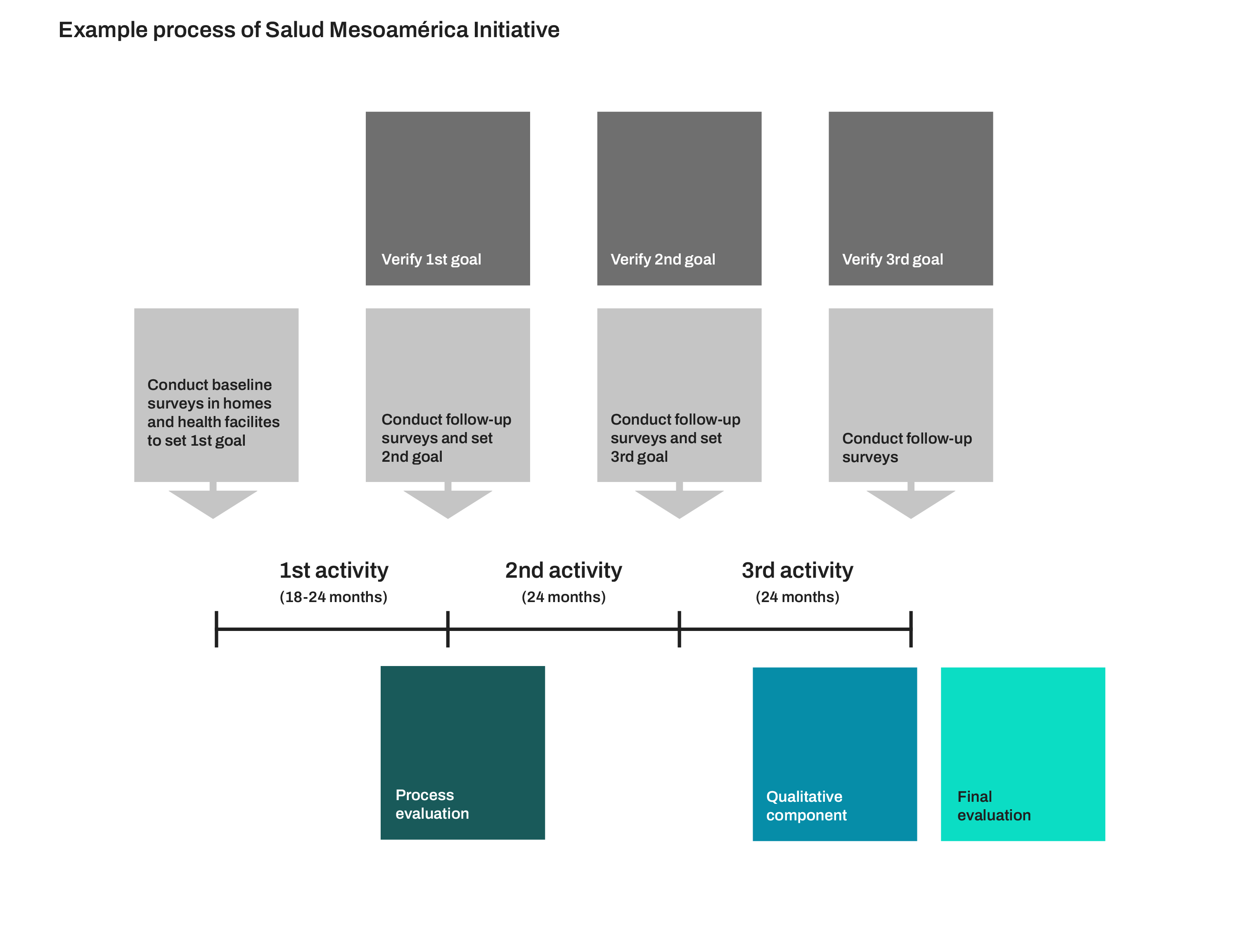
What aspects of the program do we evaluate?
There are multiple components to each evaluations project, depending on the goals of the program.
Our reports can involve:
Impact evaluation
- How effective was your program?
- What were the effects of the initiative and how were they achieved?
- If the desired effects are not achieved, why not?
Process evaluation
- Have activities been implemented as expected?
- What are the challenges to implementation of these activities?
- What are the drivers and barriers to success?
Surveillance system evaluation
- How well are current systems able to meet objectives, if at all?
Baseline and endline evaluation
- What were the changes in target health outcomes compared to the baseline?
- How can these be captured?
Resource tracking
- How well are program resources being allocated?
- Resource tracking can include resource (re)allocation and absorption, and can help to understand how to connect inputs to impact.
Which programs have we evaluated?
What research instruments do we share?
Review the survey data and instruments that we have collected as a part of our work over the years in our data catalog, the Global Health Data Exchange (GHDx).
Find a compiled list of the data IHME has collected, including:
- Access to the data itself
- Survey instruments
- Information sheet describing the sampling methodology and project
IHME has also developed the SmartVA verbal autopsy tool, which takes verbal autopsy interview data as input and produces cause of death estimates at the individual and population levels.

